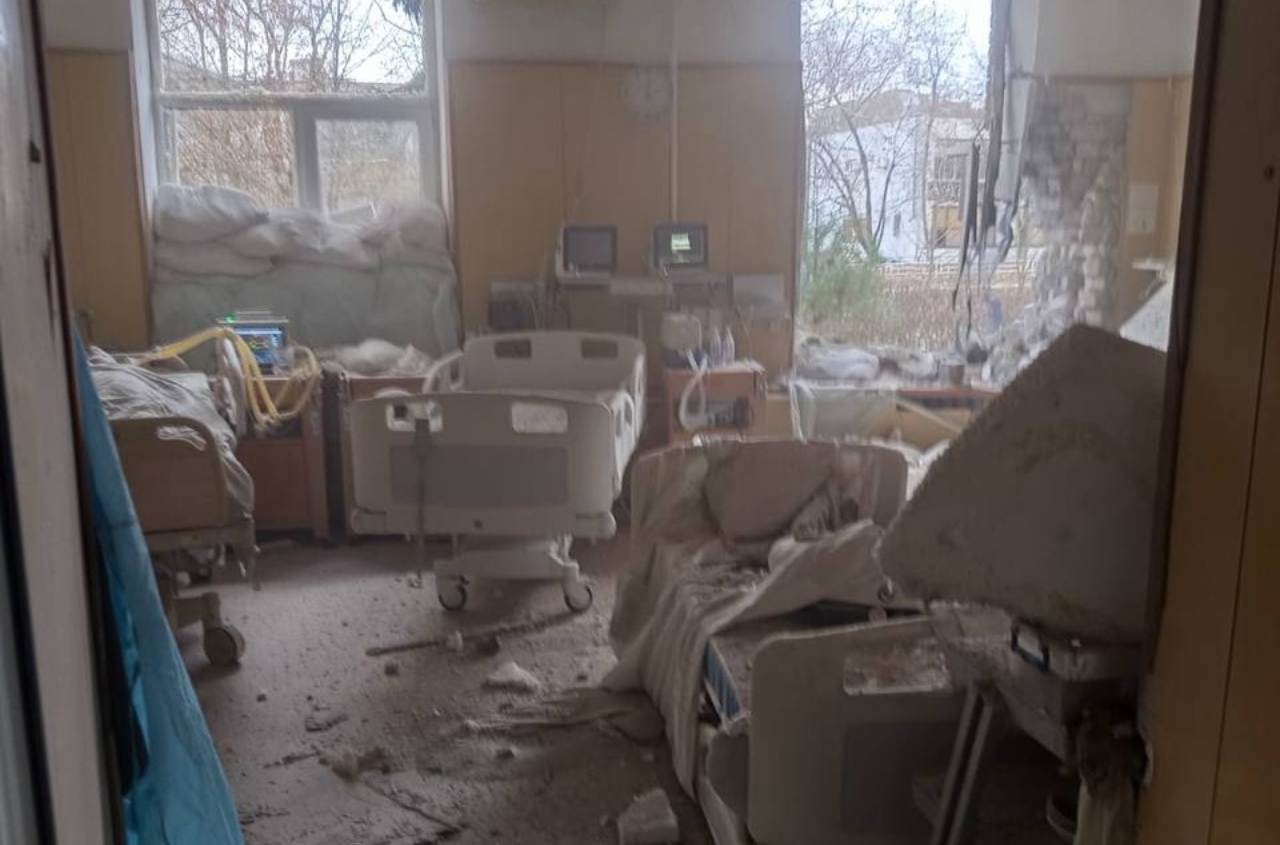Main image: Eric-Niiles Cross by SVEN ARBET | DELFI MEEDIA
Eric-Niiles Cross, a member of the Estonian Parliament and former coordinator of the country’s intelligence services, has warned of an increasing threat to the Baltic states due to Russia’s hybrid operations. In an interview with DW, Cross discussed Estonia’s current security situation, its support for Ukraine, and the potential consequences of Russia’s actions for the Baltic region.
According to Cross, around 5% of Estonia’s population holds Russian passports, and another 5% are stateless, a significant reduction compared to 30 years ago. However, he pointed out risks of recruitment by Russian intelligence services within the Russian-speaking population. To counter this, Estonia is considering a proposal to strip voting rights in local elections from individuals with Russian citizenship. While Cross acknowledged this move might lead to dissatisfaction, he emphasized that it is necessary to mitigate the risk of Russian interference.
"Russian intelligence services are more likely to recruit Estonians. Russian intelligence services recruit anyone. They do not discriminate against Russian-speaking individuals or Russian citizens. However, access is important to them. Citizens of Estonia (having access to information) have better access. So, it is simply logical. This is especially evident during the war, when hybrid operations are taking place."
Cross also addressed the issue of Russian opposition, noting that although some agents may have fled Russia among the migrant population, they do not pose an immediate threat to European Union countries. He highlighted that the primary danger comes from Russia’s hybrid operations aimed at destabilizing Eastern European nations through disinformation and covert actions.
Discussing the potential for military threats, Cross warned that while NATO has strengthened its defense posture in the Baltic region, Russia’s military experience with NATO weapons could push it toward future military endeavors. He speculated that Russia would likely maintain its military presence after the war in Ukraine, posing risks to NATO members such as Estonia, Latvia, and Lithuania.
"In general, our situation is better now than it was three or five years ago because, finally, NATO has taken defense seriously... For Putin, it is no longer a matter of "today Tallinn, tomorrow Riga." It is not like that. Finland and Sweden are now also in NATO. So, the defense here looks completely different. We now also have strategic depth."
Nevertheless, Cross noted that psychological war fatigue from supporting Ukraine is less of a concern in the Baltic states, particularly Estonia, compared to countries like Germany, where Kremlin propaganda has had a greater influence.
In conclusion, Cross stated that Russia’s hybrid strategies, which include disinformation campaigns and destabilizing actions, are not new but have become bolder, adding significant risks to European stability.




















